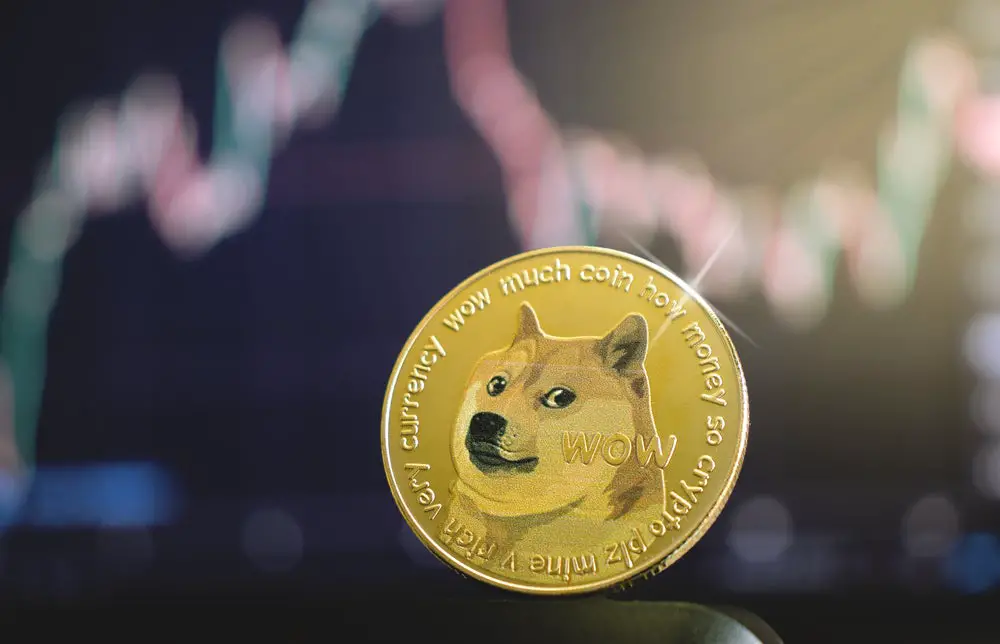When the subject of financial markets and their future is raised, the implementation of blockchain technology and tokenization of assets gets mentioned a lot. In light of the progressing digitization of many industries, the technology has the potential to democratize investment possibilities, open up new financial opportunities, and in doing so, revolutionize the global economy.
This is a promising avenue to explore, as the future of money is doubtlessly going to be diverse and focused on catering to any number of needs from various audiences. It is implausible that there will be a one-size-fits-all kind of platform or solution.
Let’s explore the premise of tokenized assets more closely to see why they can fundamentally transform the way people approach finances globally.
Tokenization — a tool to democratize financial opportunities
The general premise of tokenization involves giving people much greater access to wealth and financial options by introducing the concept of fractional ownership of assets. In other words, investors get to buy a portion of a high-value asset instead of having to buy the whole thing that could very well be beyond their financial means.
Let’s take a look at a practical example: rising costs in the real estate market have made access to affordable housing progressively more challenging over the years. In the UK, it has already become so expensive as to be a privilege available only to those who have hereditary wealth from their parents to rely on.
By digitizing and dividing real estate properties into tradable tokens, ownership stakes can be fractionalized, enabling people to invest in portions of properties rather than having to purchase the whole thing. This allows for the democratization of access to affordable housing by lowering entry barriers and giving opportunities to investors with limited financial means to enter this market.
The same principle applies to other sectors as well: as it becomes easier for people to buy, sell, and trade fractional ownership of assets, tokenization serves to break down entry barriers and enable greater financial opportunities to a wider array of audiences. This includes millennials and Gen Z investors, who often get the short end of the stick when it comes to dealing with the complexities of traditional financial markets and prefer dealing with digital assets over real-world ones.
Global interoperability of tokenized assets means improved cross-border payments
Beyond introducing new investment possibilities, tokenization can also enhance the transparency and efficiency of financial operations. Utilizing blockchain means that all relevant transactions occur on a network with an immutable and transparent record of all happenings. This ensures that asset ownership can be easily secured and verified, eliminating the need for intermediaries like brokers or custodians, reducing costs and streamlining operations for individuals and businesses alike.
In cross-border transactions, it can remove third parties like banks and payment processors typically involved in conducting international payments. By leveraging blockchain, tokenized assets can be transferred directly between parties, thus reducing transaction costs and processing time. It also provides a higher degree of safety and trust as, once again, blockchain records all transactions in a decentralized and immutable manner.
Furthermore, since tokenization involves representing real-world assets as digital tokens on a blockchain network, it revolutionizes how payment providers collaborate. These providers can leverage standardized smart contracts and open networks to govern the terms of transactions and easily exchange tokenized assets between different payment providers.
Connecting previously fragmented payment systems enables faster and more cost-effective cross-border payments and facilitates collaboration among payment providers across regions. I believe that the tokenization of assets can be a game changer in the cross-border payments stage, as it can empower the financial industry to work as a unified front on a global scale.
Welcome the new, diversified financial age of global economy
Thanks to the emergence of blockchain technology, the future of money is poised to be highly diverse. As more players become able to enter the financial markets, there will be new opportunities to meet them.
With blockchain technology as the underlying infrastructure, cryptocurrencies and tokenized assets can enable secure, transparent, and immutable transactions, ensuring trust, eliminating intermediaries and greater financial autonomy.
Furthermore, since assets from any industry can be tokenized, people will be able to freely customize their financial interactions based on their specific needs and preferences, all without losing in efficiency or speed of their transactional operations.
Blockchain integration promises financial diversity far beyond what fiat currencies and traditional financial assets can offer. The potential for innovation in this space is vast. I trust it to empower individuals to have greater individual control over their wealth and engage in borderless transactions in previously unimaginable ways.
About the author
Petr Kozyakov is a Co-Founder and CEO of the global payments infrastructure platform Mercuryo. He is an accomplished entrepreneur and business leader with deep roots in the financial market. He has more than 20 years experience in establishing and developing projects in the payments and digital banking industry. Standing at the forefront of Mercuryo’s development since its inception, Mr Kozyakov with co-founders transformed the company from an average startup to global payments infrastructure platform with a HQ in London in just 2 years.
Credit: Source link






















 Bitcoin
Bitcoin  Ethereum
Ethereum  XRP
XRP  Tether
Tether  Solana
Solana  USDC
USDC  Dogecoin
Dogecoin  Cardano
Cardano  Lido Staked Ether
Lido Staked Ether  TRON
TRON  Wrapped Bitcoin
Wrapped Bitcoin  Wrapped stETH
Wrapped stETH  Chainlink
Chainlink  Avalanche
Avalanche  Sui
Sui  Stellar
Stellar  Litecoin
Litecoin  Shiba Inu
Shiba Inu  Toncoin
Toncoin  Hedera
Hedera  LEO Token
LEO Token  USDS
USDS  Hyperliquid
Hyperliquid  Polkadot
Polkadot  WETH
WETH  MANTRA
MANTRA  Bitcoin Cash
Bitcoin Cash  Bitget Token
Bitget Token  Ethena USDe
Ethena USDe  Wrapped eETH
Wrapped eETH  Uniswap
Uniswap  Monero
Monero  NEAR Protocol
NEAR Protocol  Pepe
Pepe  WhiteBIT Coin
WhiteBIT Coin  Aave
Aave  Ondo
Ondo  Bittensor
Bittensor  Aptos
Aptos  Internet Computer
Internet Computer  Dai
Dai  Official Trump
Official Trump  Ethereum Classic
Ethereum Classic  Tokenize Xchange
Tokenize Xchange  Mantle
Mantle  OKB
OKB  Gate
Gate  sUSDS
sUSDS  Coinbase Wrapped BTC
Coinbase Wrapped BTC 
